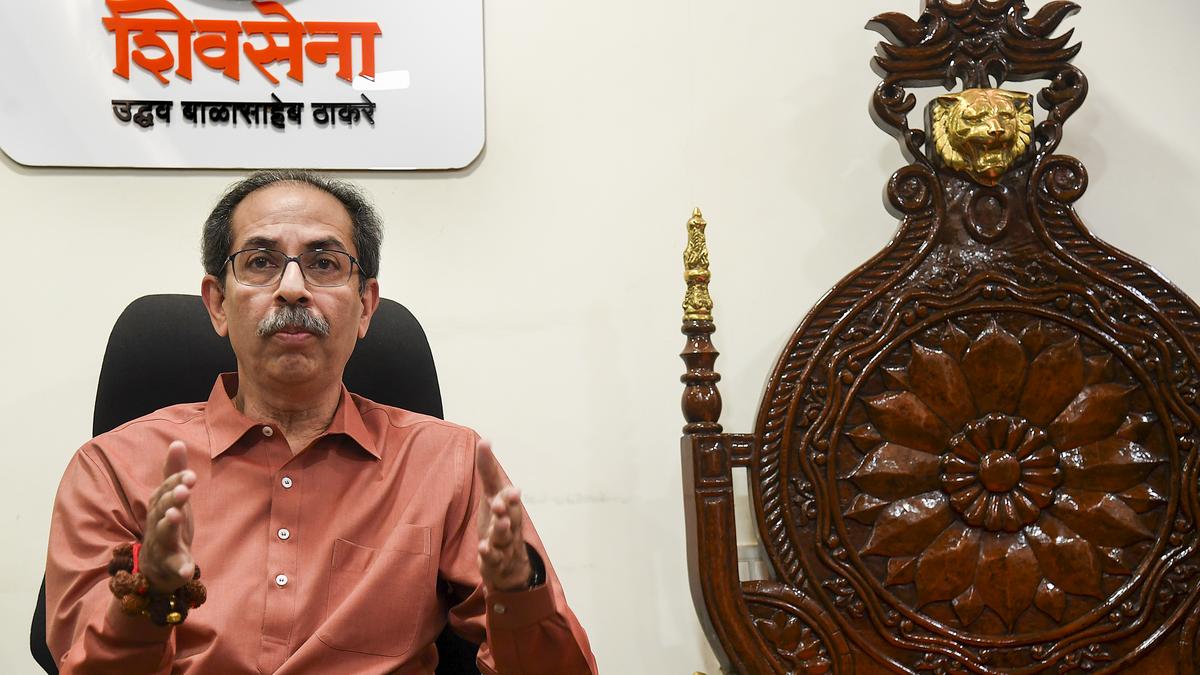KOCHI
KwaZulu-Natal, the second most populous province of South Africa, including the city of Durban, is likely to finalise an agreement with Kerala shortly for the exchange of professionals and ideas on building climate-resilient urban infrastructure.
Talking to The Hindu on the sidelines of the two-day Kerala Urban Conclave that ended in Kochi on Saturday (September 13, 2025), Martin Meyer, member of the Executive Council of Public Works and Infrastructure, KwaZulu-Natal province, said that under the pact, architects and engineers from the province will be sent here to learn best practices from their counterparts and also share their own ideas.
For instance, how Kerala used a natural barrier like a mangrove forest to mitigate ecological disasters is something to learn from. As per the agreement, we will also have virtual meetings regularly to exchange ideas, he said.
“I’m really amazed by how local bodies in Kerala enjoy a lot of power compared to us, where the national government, rather than the provincial government, holds much of the power. That brings power a bit closer to the people. It is also impressive how the State comes up with out-of-the-box, innovative new approaches to old problems. On our part, we can teach you how to bring traditional communities and traditional leadership closer to government,” said Mr. Meyer.
Your officials are very professional; you have career officials here. The line between politics and administration gets a bit blurred in South Africa, and that’s something we’re trying to fix now, he added.
KwaZulu-Natal has been the hardest hit by climate change of all nine provinces in South Africa. In the last four years, the province faced four major floods, fires, and even tornadoes, which it never had in its history. “We used to be a subtropical climate. We are now changing to a tropical climate, and India and Kerala have a lot more experience in building infrastructure in that type of climate than we do,” said Mr. Meyer.
So, we really have to start changing the way we think about our infrastructure. The problem is, all our money that we’re supposed to be spending on new infrastructure, we’re now spending on fixing what has been destroyed by climate change, which means we’ve not been able to build new schools, clinics, or hospitals, because we have been repairing what is already damaged.
On assuming charge, Mr. Meyer declared a war against the construction mafia, which he felt was a very unique South African problem. “People come and disrupt construction sites and demand 30% of the total budget to allow the construction to continue, which is pure and simple criminality. In the first six months since we came into power, 120 people were arrested, and now we can very proudly say that for the last six months, not one of our projects has been disrupted by the mafia,” he said.
Mr. Meyer said that efforts are underway, in association with the National Gandhi Museum, to turn an old castle with a rich history right next to his office into a museum showcasing how Indian people fought alongside Black South Africans to overcome apartheid. Mahatma Gandhi himself stayed there for a while before, in the 1950s, the apartheid government moved all the Indian people from that area and took over that house, which now remains dilapidated.



.png)
.png)
.png)
















 2 hours ago
4
2 hours ago
4









 English (US) ·
English (US) ·